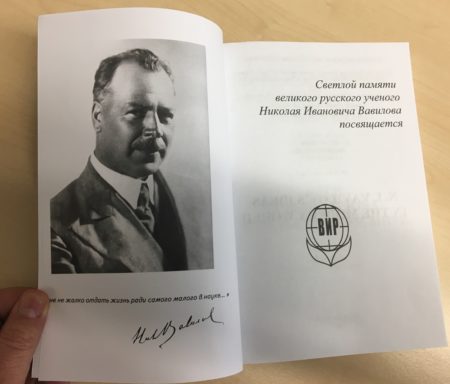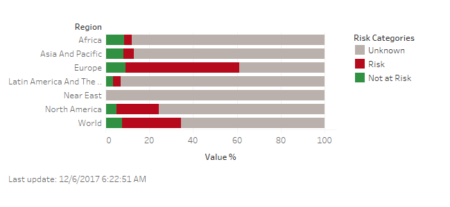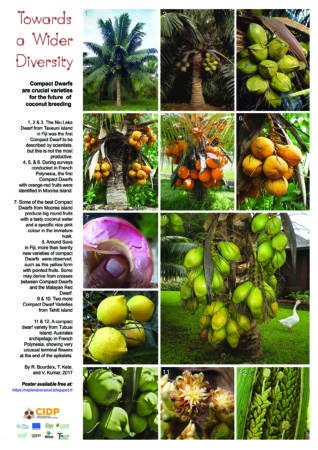A couple of weeks ago, the N.I. Vavilov Institute of Plant Genetic Resources (VIR) held the IV International Vavilov Conference “N.I. Vavilov’s Ideas in the Modern World.” I don’t know if the presentations will go online at some point, but I do have a hardcopy of the abstracts volume and could send a scan if anyone is really interested I suppose. 1 I hope that that doesn’t turn out to be a hostage to fortune.

And let me take the opportunity of thanking the Biological Journal of the Linnean Society for making the contents of the N.I. Vavilov Centenary Symposium from 1990 freely available.

